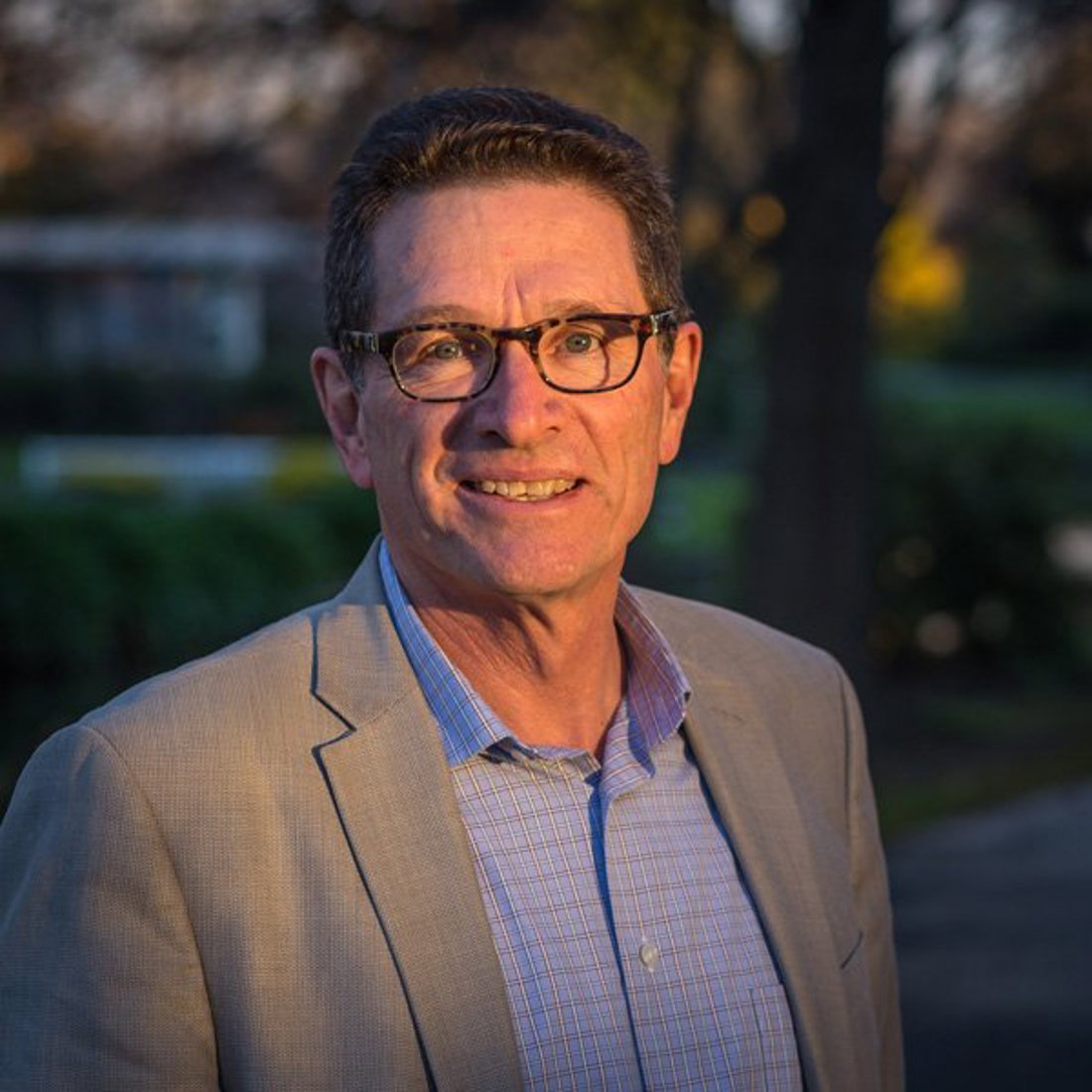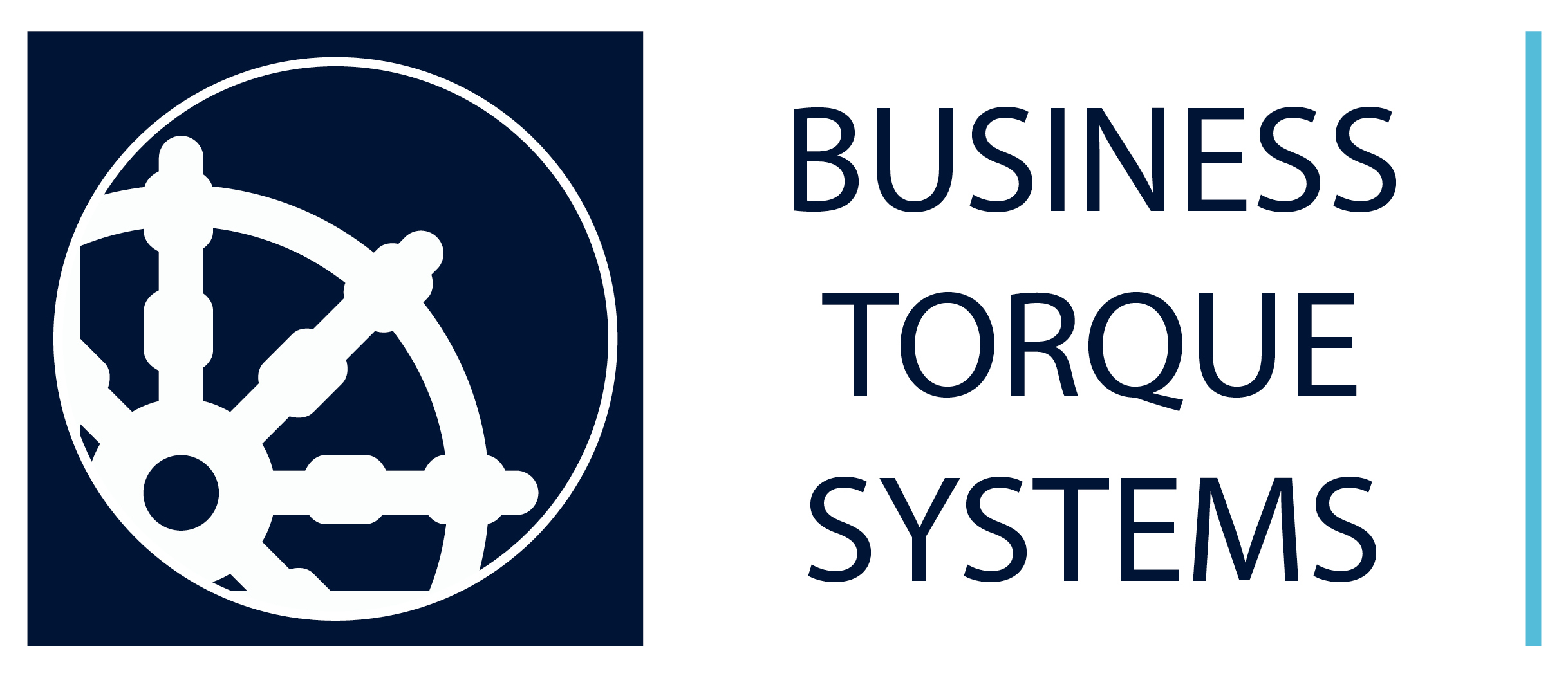Rural Governance Development Programme
3 min read
DairyNZ has partnered with Business Torque Systems Ltd to deliver the Rural Governance Development Programme (RGDP).
This multi-day programme is designed for decision-makers from all types of rural businesses, including dairy farms, who want to grow their governance knowledge and skills.
The programme is also designed for farmers who are considering succession planning but are unsure how to involve their whole family. It provides a safe space for collaboration and communication. This inclusive approach nurtures diverse thinking, essential for driving innovation and continual improvement in business.
Gain a better understanding of governance and how it can empower business owners, directors, and managers to make decisions. Businesses come together safely and effectively, especially when big decisions need to be made, like succession planning. This programme highlights the challenge of broadening business thinking and involving the entire family in decision-making to ensure diversity of thought, which is crucial for innovation and continual improvement.
For those contemplating major changes, especially in rural settings, understanding the dynamics of succession becomes even more crucial. Receive practical advice and ongoing support, which are essential in overcoming challenges and finding sustainable solutions. Creating a safe zone for collaboration and communication ensures that everyone feels empowered to contribute to success, ultimately leading to a thriving and resilient business.
This multi-day programme equips decision-makers with governance knowledge and skills consisting of five group workshops spread over 10 months. Before beginning, each participant completes an assessment of governance strengths and weaknesses. This analysis informs the learning process and is repeated at the close of the programme to measure growth. Each intake is limited to 24 participants from five to eight businesses.
You will meet like-minded individuals who can provide valuable insights and opportunities for peer evaluation and innovation. Success isn't solely defined by financial gains; other factors such as collaboration, communication, and overcoming challenges also contribute to overall success. Mentoring and coaching play significant roles in navigating the complexities of succession planning and building an enterprising family business.
The course cost covers speakers, facilitators, catering, venue, and course materials for the full 5 days of the course, specifically:
Participants will need to book and pay for their own travel, accommodation, breakfast, and dinner.
Rural Governance Development Programme start dates:
Download the Rural Governance Development Programme information pack.
Places are limited to a maximum of 24 participants for each meeting (from five to eight businesses) to ensure a small group atmosphere is maintained. Additional programmes and locations will be added based on demand. We can come to you if you have a group of six or more people.
Peter Allen was raised in a home where the family business was lived and breathed around the kitchen table. Peter’s first business venture - looking after racehorses - failed, resulting in him and his wife losing everything in the financial crash of 1987. Peter recognised the poor decision-making that led to the business’ failure and started again, passionate about teaching others the skills needed for effective decision-making.

Peter Allen, Principal of Business Torque Systems Limited.
Peter now has over 18 years of experience in the field of governance. He is a governance expert, advisor, mentor, educator, and innovator. Peter’s passion is to work with people who want to learn good governance practices. He actively researches, develops, and advocates a style of governance that is suitable and effective for New Zealand businesses. In addition to working with a range of sectors including farming, growing, and exporting, Peter works with several Maori trusts and SMEs around the country. He also sits on the boards of several businesses. Peter lives in Palmerston North with his wife of 40 years, Alex. He has four children and one young grandson.

Now’s the perfect time to check in, plan, and set up for a strong season. We’ve pulled together smart tips and tools to help you stay ahead all winter long.
Whether you prefer to read, listen, or download handy guides, we’ve got you covered with trusted tools to support your journey every step of the way.
Put our proven strategies and seasonal tools to work. Boost production, support animal health and watch your profits hum.
Tools that are backed by science, shaped by farmers and made for this season.
That’s Summer Smarts.
Autumn Smarts brings together the research-backed tools that build resilience and boost performance.